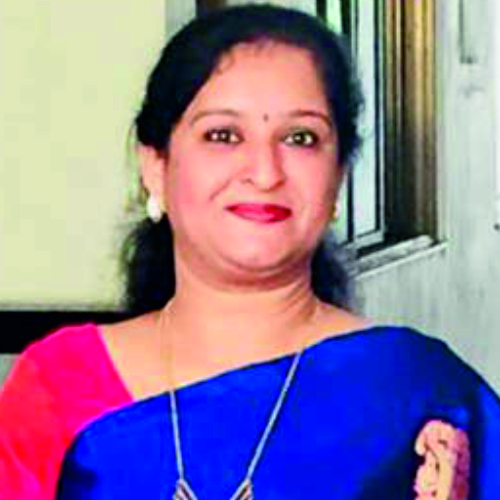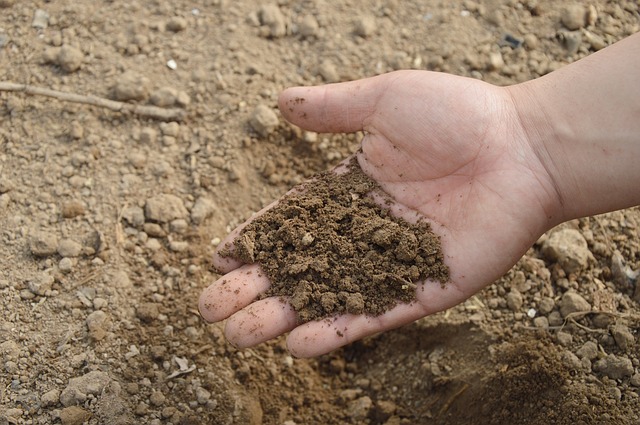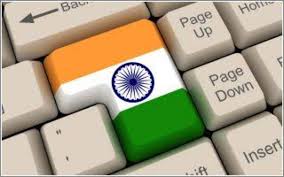This professor and her team from a Mumbai based business school has invented a method to produce organic fertilizers with the help of IoT for sustainable farming.
It was at the beginning of the 20th century that German chemists Fritz Haber and Carl Bosch achieved the practice of extracting nitrogen from the air to combine it with hydrogen. The result was liquid ammonia, a precious ingredient in the recipe for modern chemical fertilizers. As scientific advances go, this one took humanity far, protecting and nourishing crops, feeding a fast-growing world.
However, in the hundred years that we have used chemical fertilizers, we have doubled the amount of man-made nitrogen compounds in water, soil, and the air. We have added more woe to the environment in the form of water and soil pollution.
In human beings, these chemicals cause respiratory ailments, cardiac disease, and several cancers. They can also inhibit crop growth and increase allergenic pollen production.
Dr. Pranjali Madhur, Associate Professor and HOD-HR, Universal Business School, Mumbai, and her research team of 15 have invented a method to produce organic fertilizers with the help of IoT for sustainable farming.
The Tech Panda spoke to her about her invention and vision regarding sustainable farming in India.

Dr. Pranjali Madhur
It’s time we thought about whether plants are getting balanced nutrition, so that we in turn can get the same
“I have worked on developing an eco-friendly alternative farming system, because chemical fertilizers cause waterway pollution, chemical burn to crops, increased air pollution, acidification of the soil, and mineral depletion of the soil. It’s time we thought about whether plants are getting balanced nutrition, so that we in turn can get the same,” she says.
The Innovation
The innovation is intended to help Indian farmers become independent and also spread awareness with regards to organic farming and its benefits, after the teams´ initial research showed that Indian farmers are unaware of the technological innovations that have been taken place in the agricultural sector.
Her process is self-sustainable, which includes solar panels for power supply, a system that produces organic fertilizers, and a mobile phone app that any literate or illiterate farmer can use sitting at home. Farmers can use the system to monitor the sensors and create and measure the exact proportions of fertilizer contents that as and when required for crops.
The details of the method were published on Intellectual Property, India on May 15th, 2020.
The Need for Organic Fertilizers
Organic fertilizers have several advantages over the conventional ones. As consumers are increasingly becoming health conscious, they are willing to buy clean, healthy, and natural food. Many developed countries have various support programs to assist organic farming with financial incentives and technical guidance.
Apart from the obvious protection offered to both the environment such as improved soil fertility, better water quality, prevention of erosion, reduced energy use, and CO2 emissions, it also generates rural employment
“Apart from the obvious protection offered to both the environment such as improved soil fertility, better water quality, prevention of erosion, reduced energy use, and CO2 emissions, it also generates rural employment,” says Madhur.
Why IoT?
IoT, Madhur says, is a significant tool, since the existing organic fertilizer fermentation process requires a large amount of manpower to measure and control environment parameters. However, the environment parameters are difficult to monitor by manpower in real time. Moreover, changes in these parameters cannot be detected in time. This makes it difficult to gurantee the right fermentation quality of the organic fertilizer.
IoT designates a large-scale, synergizing software architecture that operates and handles communications from multiple devices
This is where IoT helps.
“IoT designates a large-scale, synergizing software architecture that operates and handles communications from multiple devices,” Madhur explains.
Sustainable Farming in India
Madhur explains that India has great potential to grow crops organically and can be a major supplier of organic products in the world.
“We have the potential to become the world’s no.1 organic exporter in the world. In order to facilitate this, we must protect the quality of our soil. Applying organic manure is the only solution to improve the soil organic carbon productivity in the future,” she emphasizes.
We have the potential to become the world’s no.1 organic exporter in the world. In order to facilitate this, we must protect the quality of our soil
According to the Indian Council of Agricultural Research, India generates about 350 million tons of agricultural waste every year, but most of it is not being used.
“There should be a method of large-scale conversion of organic agriculture, which would decrease food shortage, as the yield of organic systems relate to conventional agriculture on an average 10-15%. Especially in intensive farming systems, the yield is high,” she says.
Considering India depends largely on agriculture for its GDP, the country still has a long way to go when it comes to applying technology in this sector. We need more innovations like Madhur´s if we truly want sustainable agriculture.











